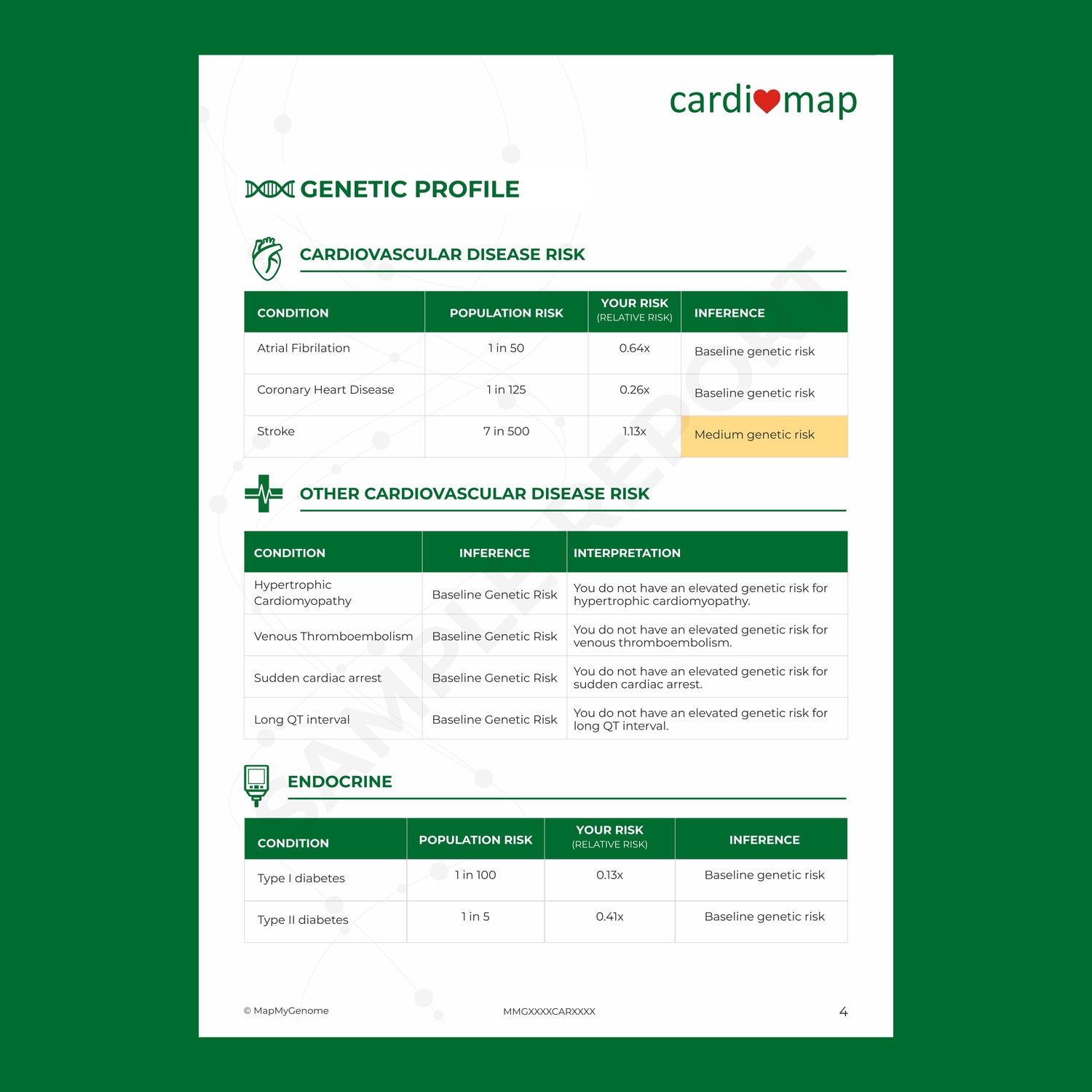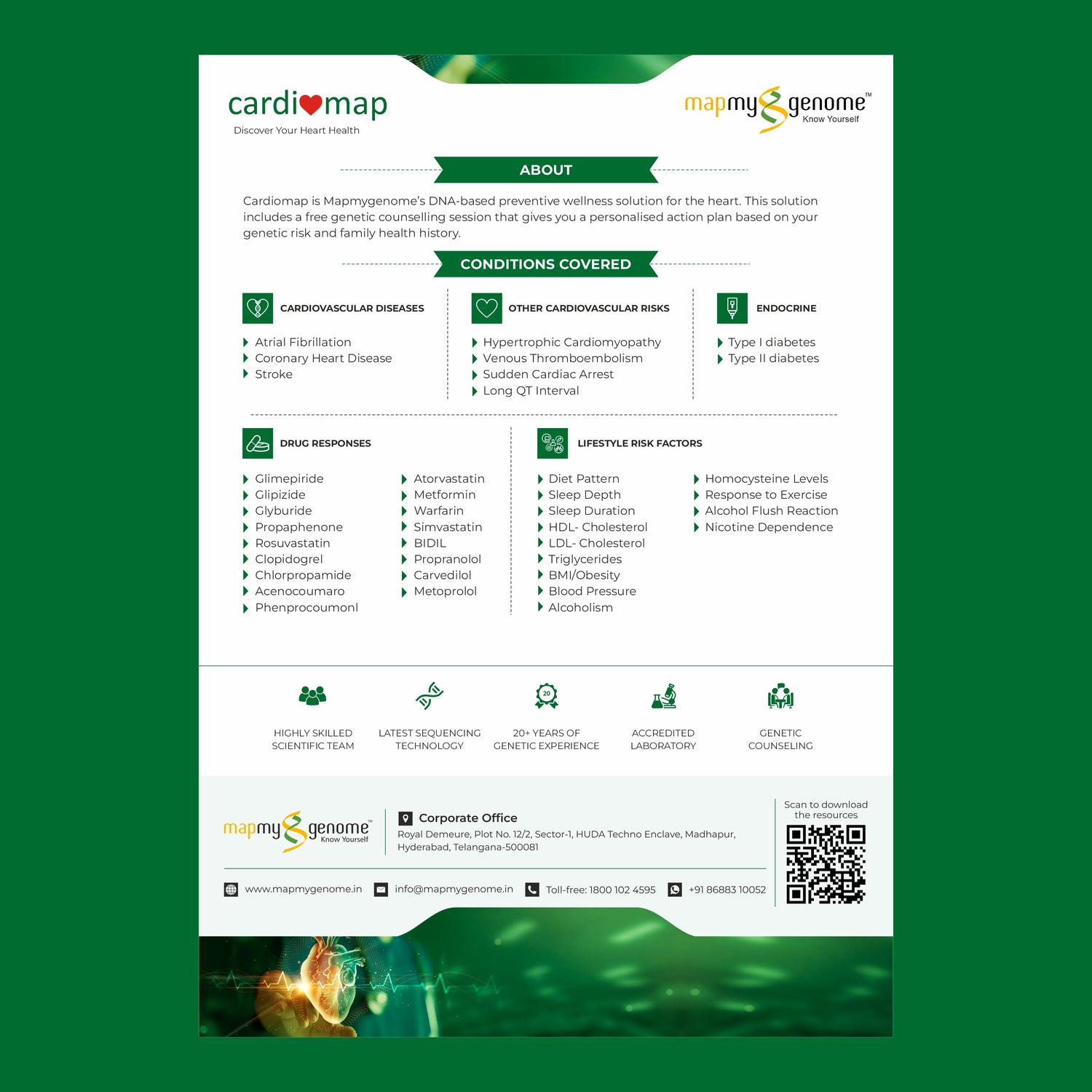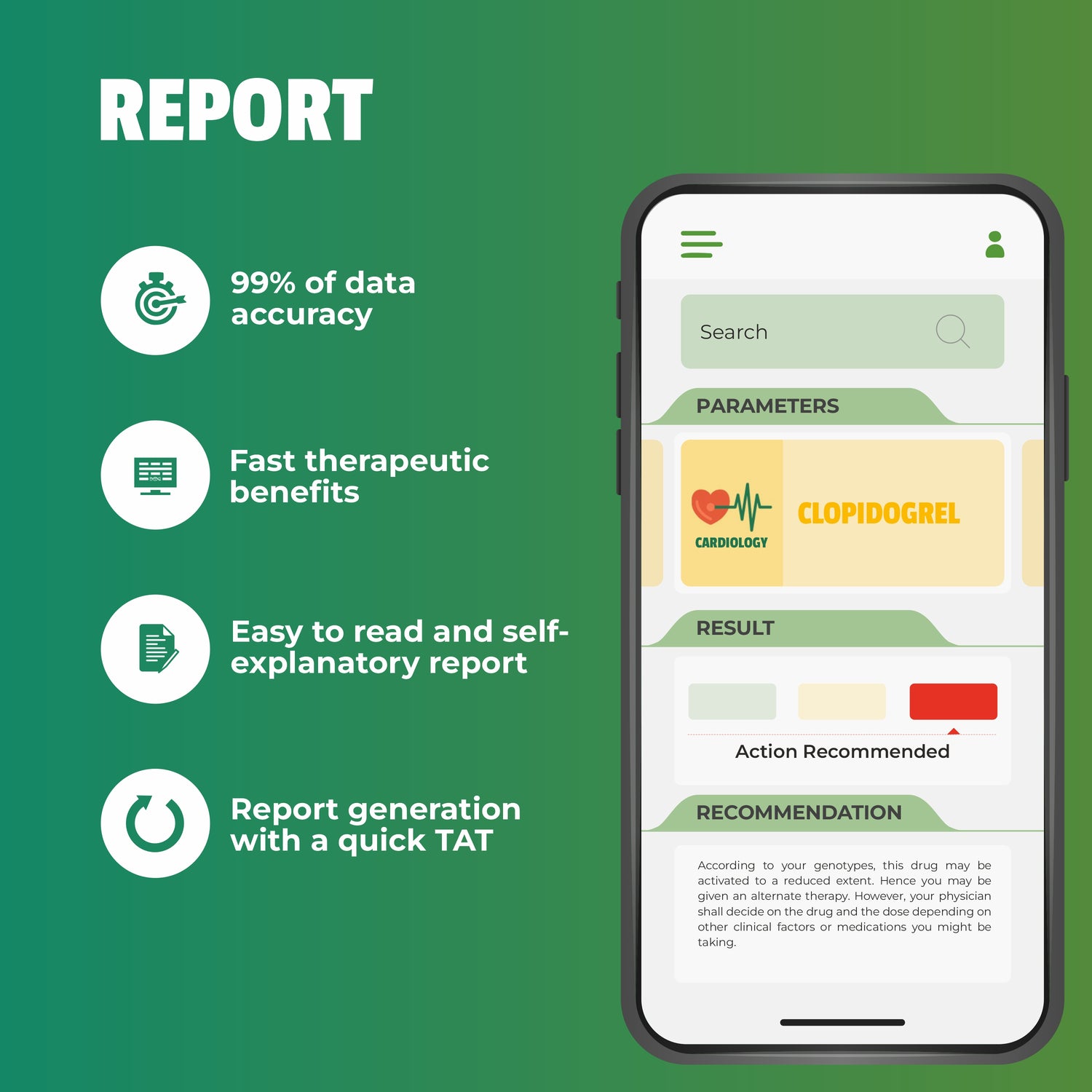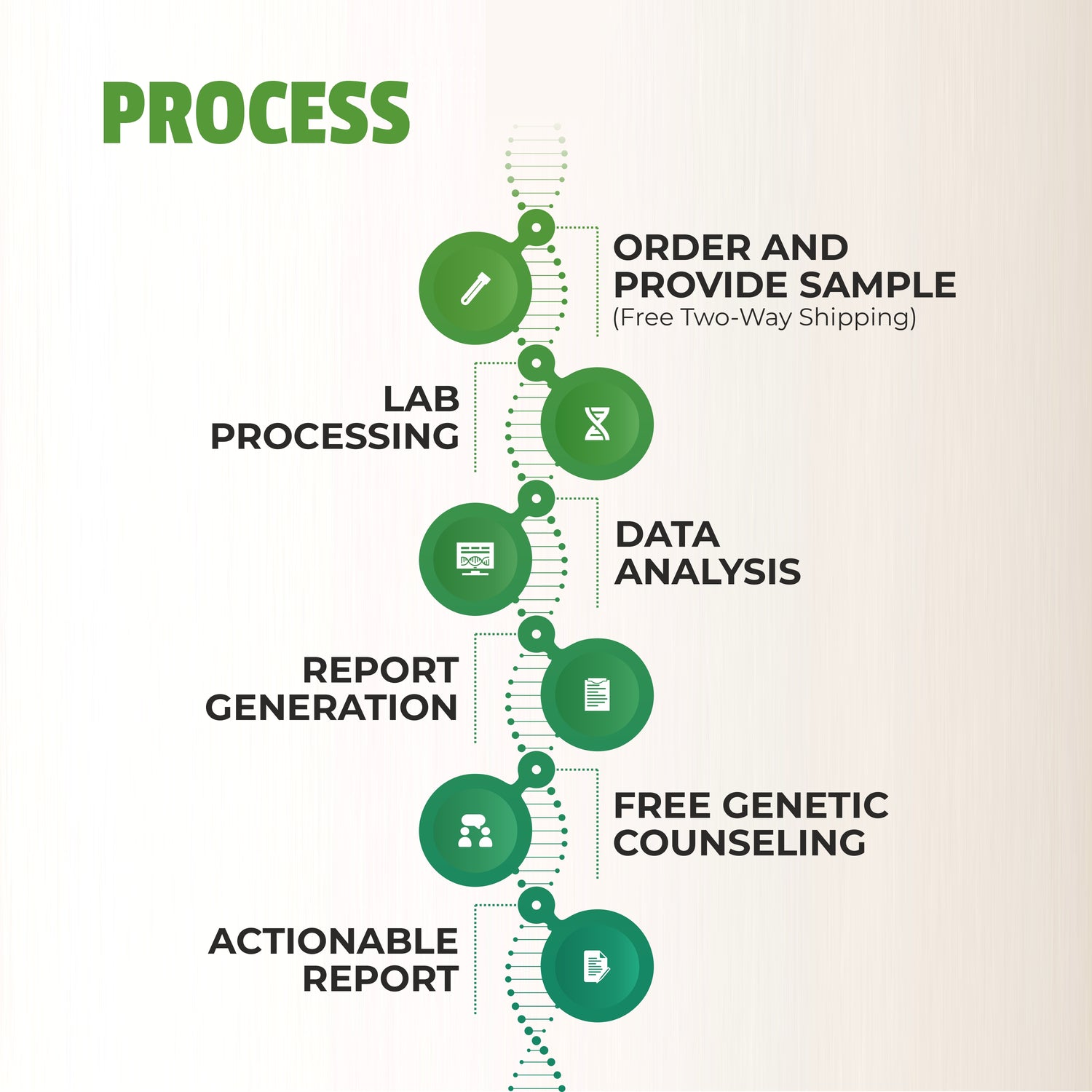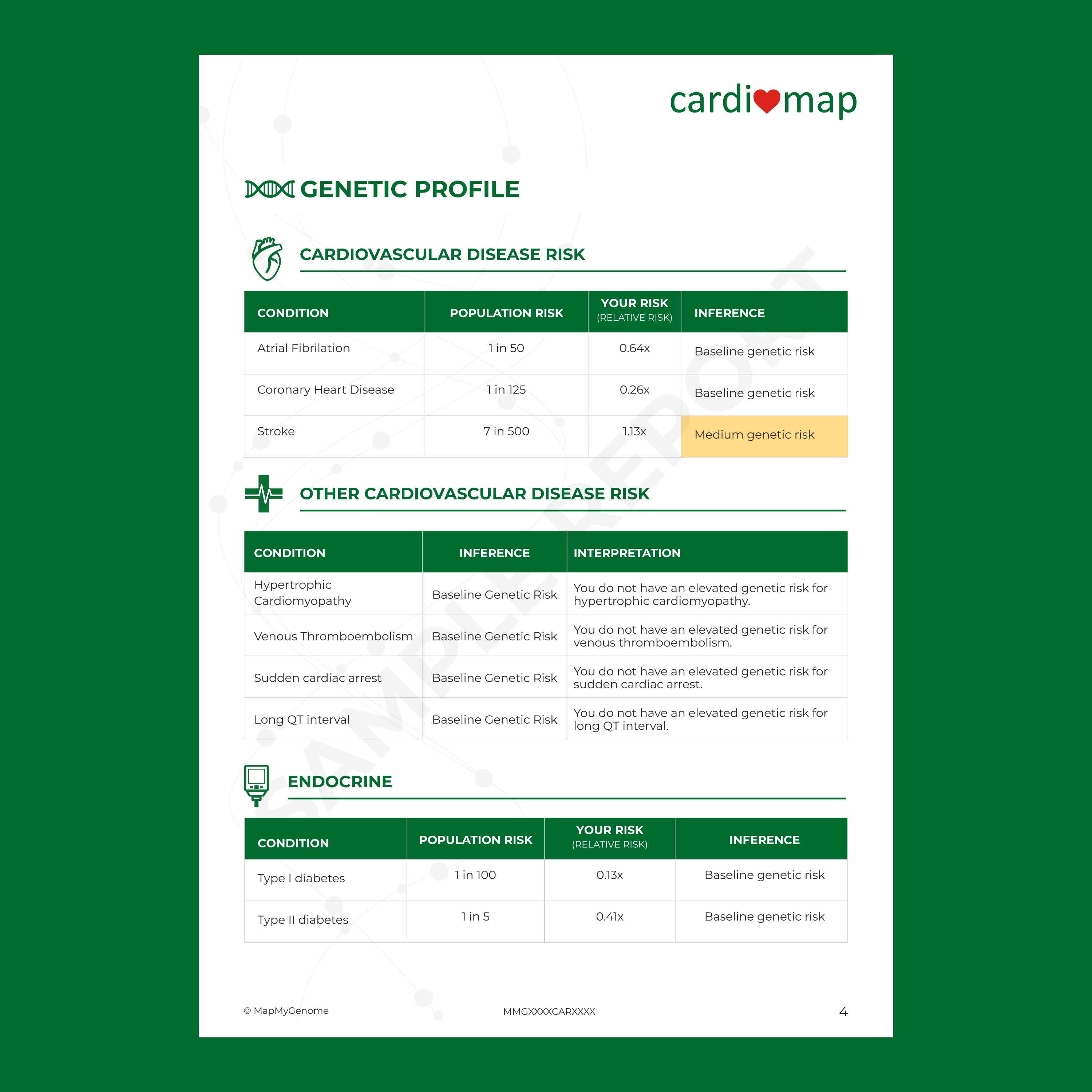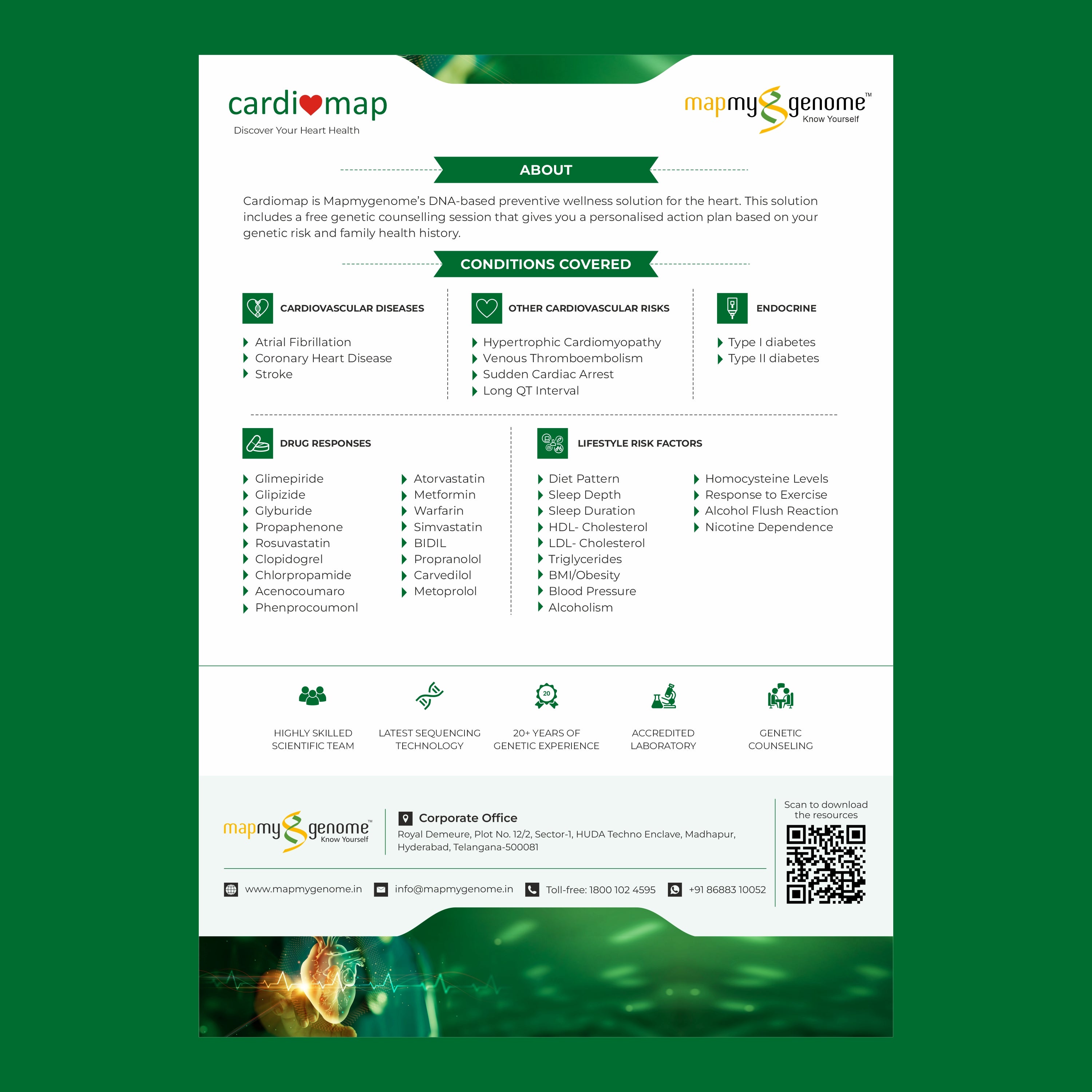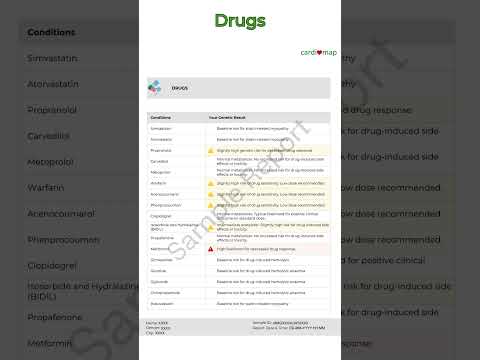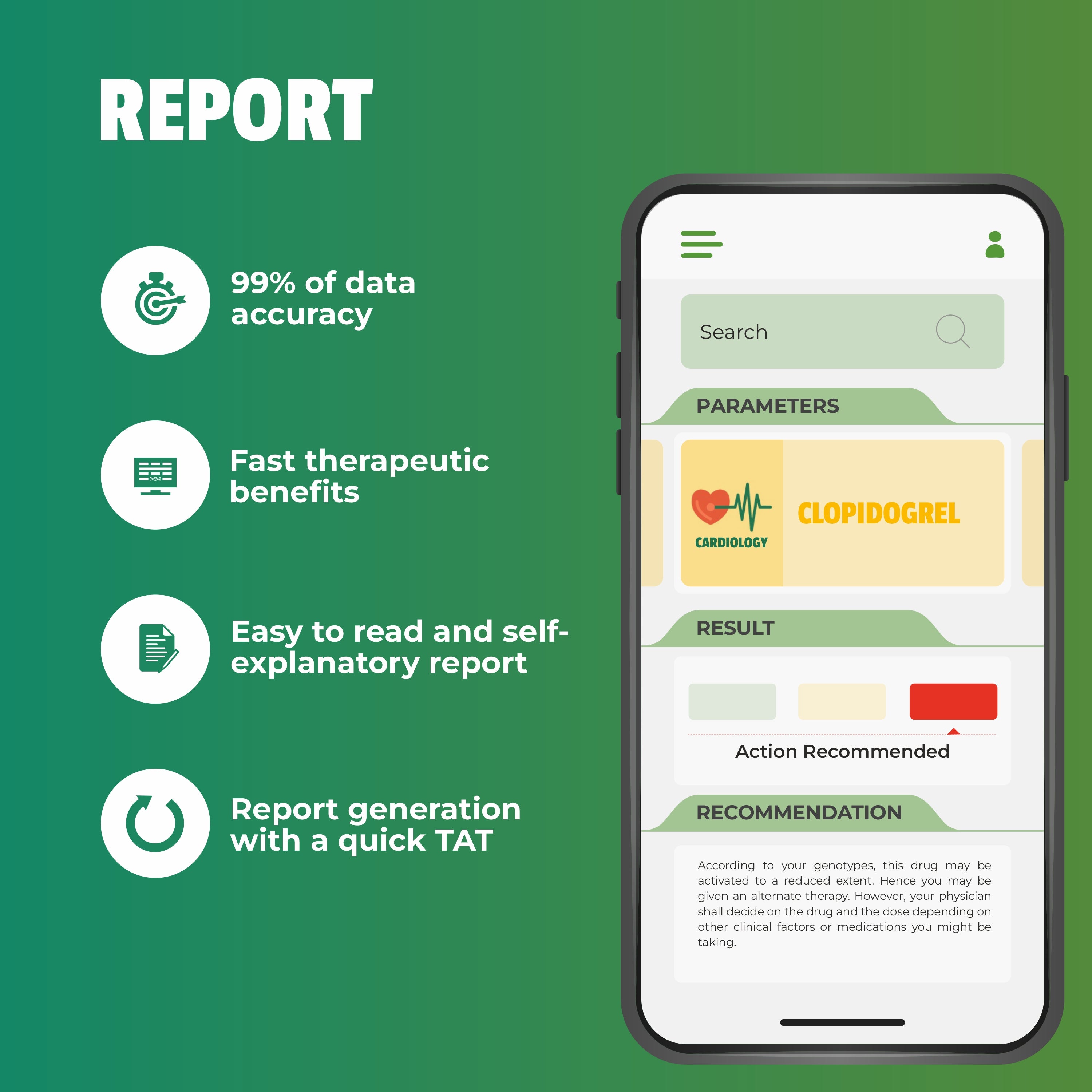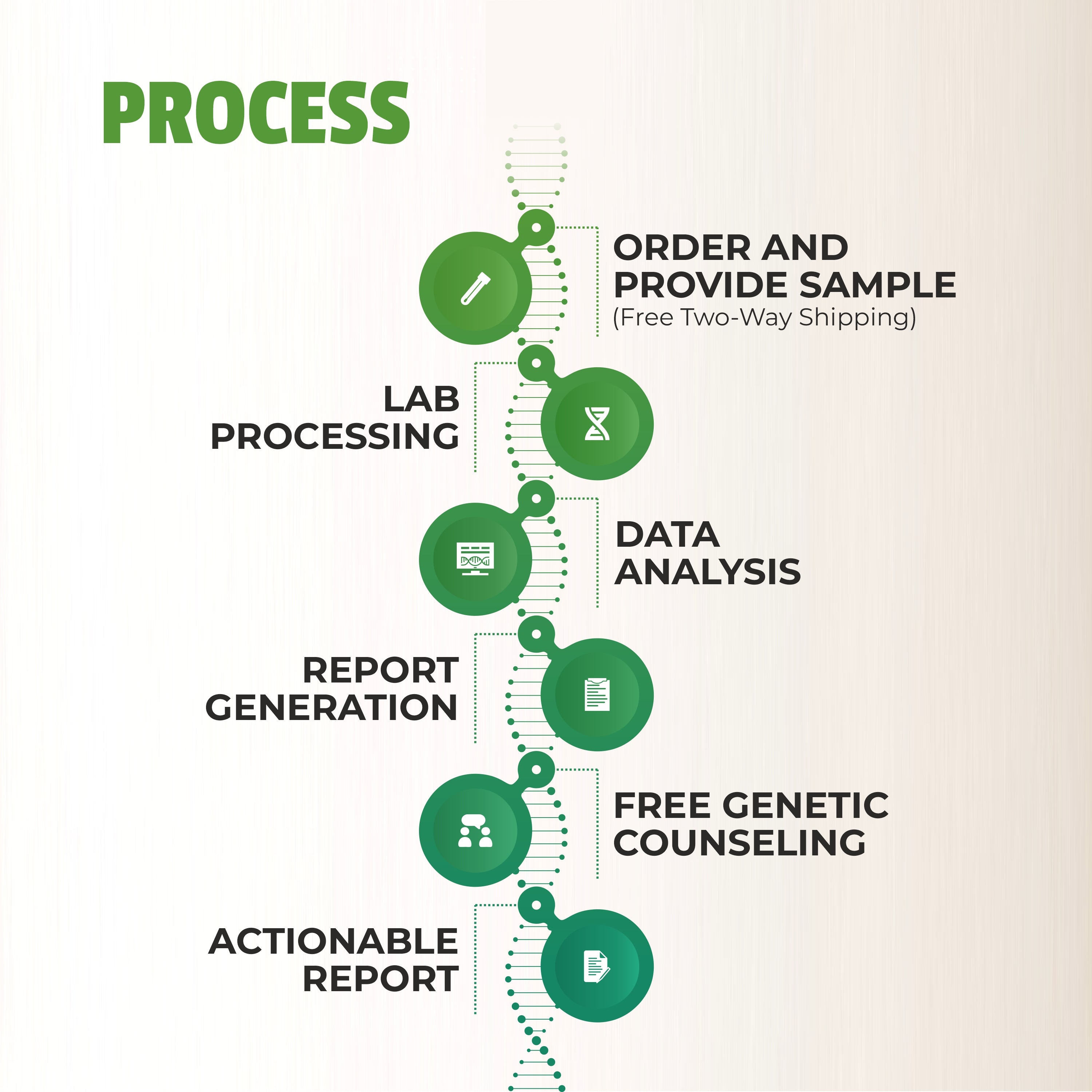"Managing diabetes is relatively straightforward for most people. It involves reducing carb intake, adding healthy fats to the diet, increasing protein and fiber intake, staying hydrated, eliminating ultra-processed foods, and exercising regularly. Despite this, a recent government report found that around 237 million people in India have diabetes or prediabetes. And now, another study reveals that eating too much salt could trigger the risk of developing type 2 diabetes, a new study has found".
On this World Diabetes Day, let’s explore the connection between salt and diabetes.
The study, conducted by researchers at Tulane University in the United States, analyzed the health data of over 400,000 participants from the UK Biobank. They found that people who added salt to their food more often had a higher risk of developing type 2 diabetes, even after adjusting for other factors such as diet, exercise, and weight.
After following the participants for 11.8 years, the study found that 13,000 of the 402,982 participants developed type 2 diabetes. The researchers also closely monitored the participants' dietary patterns and other health conditions and adjusted for changes in HbA1C levels since the beginning of the study.
The researchers also found that people who followed a DASH diet, which is low in salt and high in fruits, vegetables, and whole grains, had a lower risk of developing type 2 diabetes.
The researchers conclude that reducing salt intake should be considered as a way to help manage type 2 diabetes.
One of the main findings of the study was the link between salt intake and body weight, especially around the waist and abdomen. Interestingly, excess abdominal fat is also one of the prominent markers for high risk of type 2 diabetes.
The researchers also found that high salt intake can increase inflammation and oxidative stress in the body. These factors can trigger insulin resistance, which is a precursor to type 2 diabetes.
Too much salt in the body can lead to water retention, which adds to body weight. Obesity and hypertension are direct risk factors for type 2 diabetes.
The study also found that type 2 diabetes and hypertension often coexist. This is likely due to a combination of factors, including obesity, insufficient physical activity, and an unhealthy diet.
Also Read: Polygenic risk score developed by Mapmygenome to assess the probability of Indians developing type 2 diabetes
Link between hypertension and diabetes
Hypertension caused by too much salt in the diet kills at least 2 million people worldwide each year from cardiovascular disease, according to the World Health Organization's first global report on hypertension.
The WHO called for people to reduce their salt intake and adopt healthier lifestyles. The report noted that hypertension and diabetes are often linked, and most people with uncontrolled diabetes have high blood pressure, and vice versa.
Prevalence of diabetes in India
A recent study by the Madras Diabetes Research Foundation and the Indian Council of Medical Research found that around 101 million people in India have diabetes and another 136 million people have prediabetes.

The researchers used a large and representative sample of over 113,000 people from 31 states and union territories in India to determine the prevalence of various metabolic disorders, including diabetes.
And why is the study so important? India Diabetes or Indiab study is 12 year-long project with over 113,000 participants. Data collected by the study over the years in phases across different Indian states has helped researchers accurately determine the prevalence of metabolic disorders. Additionally, the study has generated important evidence, such as a study by the group last year that showed that only 7% of known diabetics have their blood sugar, blood pressure, and cholesterol under control.
The study is also highly representative of the Indian population. It has kept a similar ratio of men and women and rural and urban centers similar to the country's population.
Also Read: Understanding the Genetics of Cardiovascular Conditions
How MapmyGenome’s CardioMap™ can help
Awareness and prevention are the game changers.
A sedentary lifestyle, imbalance in dietary intake, and lack of physical activities are all risk factors responsible for diabetes. So, a balanced diet and a healthy lifestyle can ensure the regulation of insulin levels.
Tapping into your genes is another way to build awareness around preventing diabetes. What can one know from digging into the goldmine of genetic information?
As genes are considered the blueprint of life, understanding them through a genetic test opens up an array of information about your risk for certain conditions like diabetes, obesity, nutrition levels, heart health, and more. Accordingly, it helps you create an action plan for your well-being.
MapmyGenome’s comprehensive wellness assessment through CardioMap™ will give an insight into your genetic predisposition to both cardiac and endocrine conditions like diabetes and let you personalize a health plan that suits you the best.

BENEFITS
- Understand the risk for cardiovascular diseases and diabetes before the onset of symptoms.
- Know the predisposition to traits that are associated with heart diseases.
- Understand medication response and personalize the medication related to heart and diabetes.
- Personalize care for your heart health.
- Free genetic counseling session to understand the results
Post a genetic counseling session, the report can effectively be used to alter your lifestyle according to your genetic requirements. Your physician, dietitian, or fitness trainer can help you adapt to that lifestyle by outlining further steps.
Check out these studies to know why you need MapmyGenome’s help:
-
Mayo Clinic Proceedings. "Impact of Hypertension on Diabetes: A Review of the Literature." Mayo Clinic Proceedings, vol. 98, no. 11, Nov. 2023, pp. 2310-2320.
-
World Health Organization. "First WHO Report Details Devastating Impact of Hypertension and Ways to Stop It." World Health Organization, 19 Sept. 2023. Web. 14 Nov. 2023.
-
World Health Organization. "Salt Reduction." World Health Organization, 2023. Web. 14 Nov. 2023.
-
Indian Express. "Explained: Explained—Health: Diabetes, Obesity, Hypertension." Indian Express, 4 Nov. 2023, indianexpress.com/article/explained/explained-health/diabetes-obesity-hypertension-8670730.




